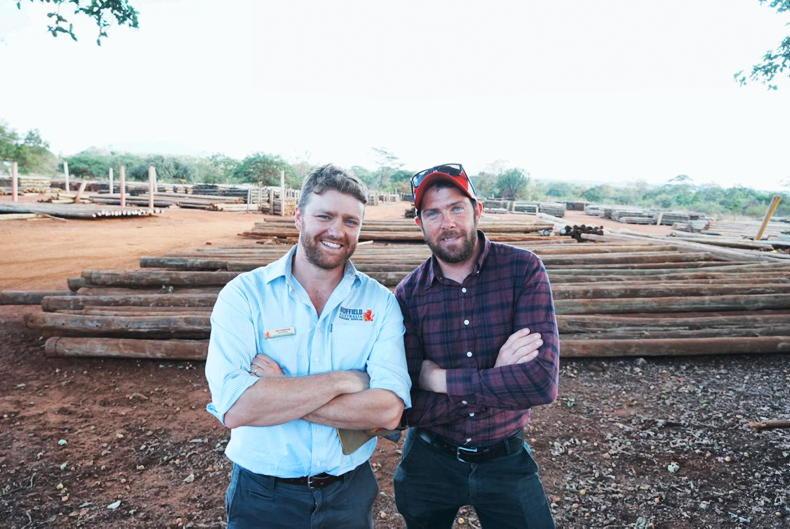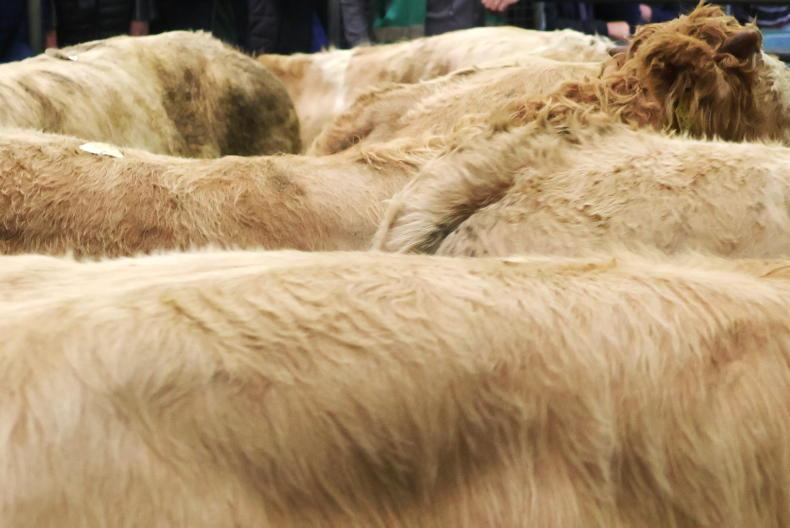Speaking to dairy farmers and seeing what they do “in the flesh” can “open up a whole new world” and career pathways for young people, including those from a non-farming background, according to Nuffield 2020 scholar Linda O’Neill.
She said dairy farmers need to go into schools and colleges to speak to young people and have them visit their farms to “see in the flesh what we actually do”.
O’Neill was speaking during a presentation on her Nuffield scholar report; No farm. No problem. Routes to a rewarding career in dairy farming at the Nuffield Ireland 2021 Conference. She milks 320 cows through a 50/50 partnership on a leased farm in Dungarvan, Co Waterford. She has navigated a successful career in dairy, despite not inheriting or owning her own farm.
“I was not inheriting my home farm and knew I wanted a career in dairy farming,” O’Neill said.
Her Nuffield research project explored the opportunities to be found in dairy farming for those who, similar to her own experience, were without a farm and those without previous involvement in agriculture.
O’Neill worked with farmers who had made such a leap to evaluate the challenges they faced and the supports that enabled them to find a successful dairy career.
These 10 farmers, based in Ireland, Tasmania, New Zealand, Wales and the US, employ 120 people and milk 17,000 cows on 5,500ac.
All made their own careers in dairy farming, without an inherited farm or traditional route into the sector.
Skills needed
O’Neill said the ability to access bank finance and managing yourself, business growth, stress and time management are key skills that those entering dairy farming need to be supported on.
She described the importance of education, both in an academic sense and through ample on-farm work experience, as key for any young person. She also highlighted that when young people join dairy farms for work experience, they should not be just “washing the yard” but instead taught about farm finance, grass growing, cows and people management.
“Each young person starting out today must be supported to identify a path that’s right for them.” O’Neill said co-ops need to identify those without successors and connect them with young farmers.
On her own experience as a woman in Irish dairy farming, O’Neill said: “I would say to any female in a male dominated industry, we need to not be afraid to tell our story. We need to be proud of what we do and know that we can do it as well as any man.”
Other Nuffield scholars
Kate Dempsey, founder of the Irish Mussel Seed Company (IMSC), the first fully licensed offshore mussel seed provider on the east coast, recommended better inclusion and fairer planning from marine spatial planning policymakers. This includes a bottom-up approach, integrating local perspectives with science and economic knowledge in order to vastly increase the overall success of a spatial plan.
Gareth Lamberton, a dairy farmer from Fahan in Co Donegal, recommends that farmers re-engage in their communities. This can be encouraged by providing training for farm advisers to provide support and mental health advice, along with financial assistance in the areas of training, health and safety and knowledge transfer.
Robbie Byrne, a farmer and soil nutrition expert from Irishtown in Co Louth, recommended that regenerative agriculture is the way forward to ensure sustainability in Irish agriculture and that more focused research to support this must be carried out by relevant stakeholders.










SHARING OPTIONS